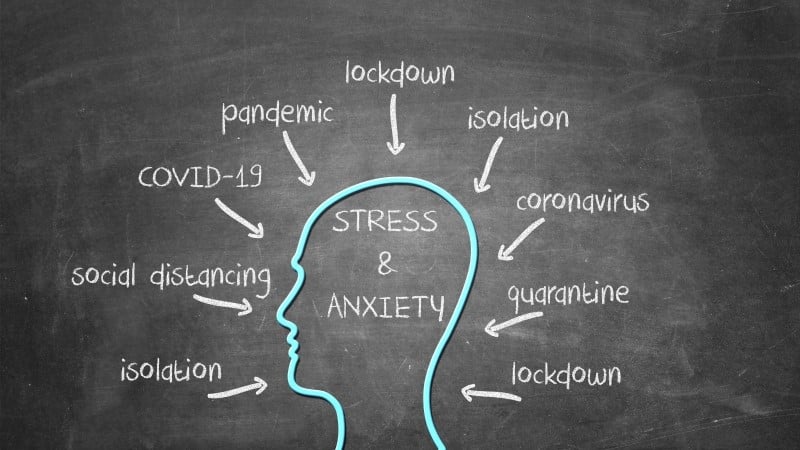Mental Health Awareness Month

The pandemic may have created significant changes in your life, changes that may have left you feeling uncertainty, financial stress or isolated and alone. Maybe you we’re worried about you or your family getting sick, maybe you we’re left wondering how long the pandemic will last or perhaps the overload of information left you feeling out of control.
Whatever the reasons, it's important we learn self-care strategies and get the care we need to help us cope.
During Mental Health Awareness month, we reflect on the effect the pandemic has had on our mental health. Here are a few tips and resources to help you manage your mental health post-pandemic:
- Get enough sleep. Stick to a sleep schedule, go to bed and get up at the same time each day and get at least 8 hours of sleep.
- Exercise regularly. Find an activity that includes movement and try to get outside often.
- Eat healthy. Avoid loading up on junk food or refined sugar and limit your caffeine intake.
- Limit screen time.Turn off your electronic devices throughout the day and at least 30 minutes before bedtime.
- Relax and recharge. Set aside time for yourself. Try deep breathing, yoga, or meditation. Do whatever helps you relax — find what works for you and practice it regularly.
- Avoid stigma. Stigma harms people's mental health and well-being in many ways. People who are worried about being stigmatized for seeking mental health care may be less likely to get the help they need.
- Get help when you need it. Hoping mental health problems such as anxiety or depression will go away on their own can lead to worsening symptoms.
- Contact your employee assistance program, if your employer has one, and ask for counseling or a referral to a mental health professional.
- Talk with your primary care provider or mental health professional about your anxiety or depression and get advice/guidance.
Resources
Contact organizations such as the National Alliance on Mental Illness (NAMI), the Substance Abuse and Mental Health Services Administration (SAMHSA), or the Anxiety and Depression Association of America for help and guidance on information and treatment options.
If you're feeling suicidal or thinking of hurting yourself, seek help. In the U.S., call the National Suicide Prevention Lifeline at 1-800-273-TALK (1-800-273-8255) or use its webchat at suicidepreventionlifeline.org/chat.
